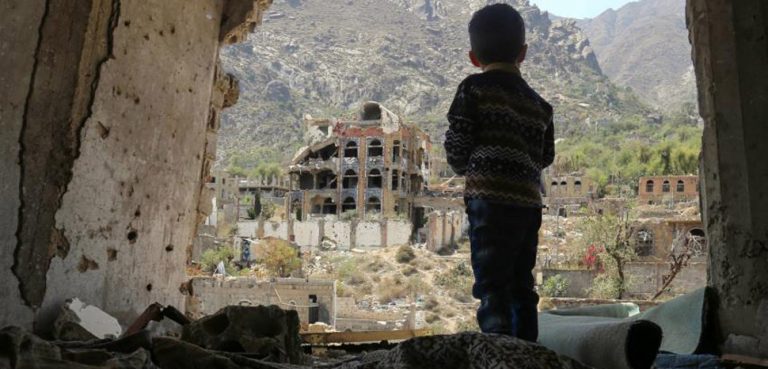Summary
What a difference a year makes.
Last June, Saudi-US relations were in the doldrums thanks to President Obama’s ‘rebalancing’ in the Middle East. Now President Trump has elevated them into a new golden age, such that Riyadh seems to have received carte blanche to redraw the region’s geopolitical map as it sees fit. No one knows this better than the Qatari government, which has just received a list of demands that would essentially enshrine the small Gulf state in Saudi Arabia’s sphere of influence.
The blockade and the list of demands reflect growing Saudi confidence on the regional stage. But getting into the Qatar crisis could prove a lot easier than getting out of it.
Impact
A sign of things to come? The Qatar crisis is indicative of the shift toward a more multipolar world, and we should be expecting more of these events in the future. Ask yourself: Why now? If Qatar’s ‘interventionist’ foreign policy has been scandalizing the Saudi establishment for decades, why has it taken until now for Riyadh to take action? The answer, at least in part, has to do with US-guaranteed ‘stability’ in the Middle East, and the wider world in the post-WWII era. We haven’t seen many ultimatums get issued in the past 60 some-odd years because an ultimatum is generally backed with the threat of force, and force has been taken off the table in the post-WWII order – unless of course it’s the United States doing the forcing.




